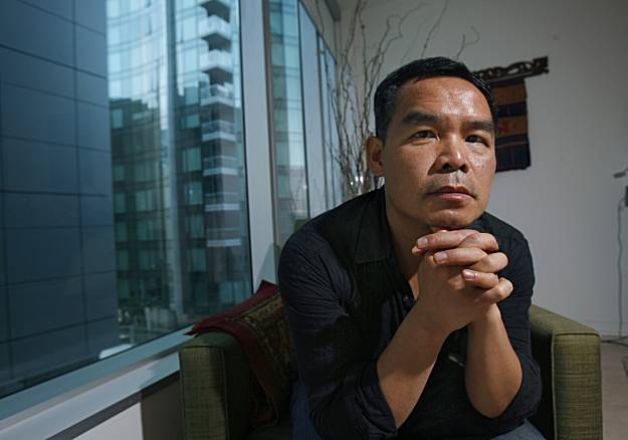Looking back on the American history classes I grew up with, there always seemed to be a biased viewpoint in order to protect the well-being of Uncle Sam. It was always important to remember how the great American land was discovered and who our Founding Fathers were. Sure, we got our tidbits about how Native American lands were taken away and how they were forced into reservations, we got a chapter on slavery and the underground railroad, and then an even briefer section about the Vietnam War. But what exactly do you remember about the Vietnam War through the viewpoint of American history books?
To be honest, I don’t remember learning much about the war itself. Instead, I remember learning what was happening back home on U.S. soil while violence ensued overseas. This consisted of hippies, protests for peace and “bringing our boys home.” Every now and then, the history book would discuss a new warfare tactic or weapon that was developed, but there was never the gritty truth and the other side’s perspective. Perhaps American history didn’t delve into great detail because, honestly, why would we want to teach our children about a war where we were defeated?
In his article, “40 Years After The War: The Making of a New Vietnam,” Vietnamese American writer, Andrew Lam, claims that even the word “Vietnam” doesn’t have the most pleasant connotations in the United States.
Often times when we mention the word Vietnam in the United States, we don’t mean Vietnam as a country.
Its relation to the United States is special: it has become a vault filled with tragic metaphors – it stands for American loss of innocence, tragedy, legacy of defeat, and failure. For the first time in our history, Americans were caught in the past, haunted by unanswerable questions, confronted with a tragic ending.
My uncle, who fought in the war as a pilot for the South Vietnamese Army, once observed that, “When Americans talk about Vietnam they really are talking about America.” “Americans don’t take defeat and bad memories very well,” he added.
Lam was just 11-years-old when he fled Vietnam with his family in the midst of war. They were forced to leave relatives and neighbors, a comfortable home, and any indication of their past in order to be safe and start a new life in America. In adulthood, Lam would frequently return to his country, but in a protective, almost tourist standpoint. It wasn’t until his PBS documentary, My Journey Home, that Lam opened up and discovered the true pain, suffering and loss of those that decided to stay behind during the war. Naturally, his discovery was met with grief and a newfound perspective and he wants to tell this story through his writing.


In a more recent trip to Vietnam, Lam began to notice a shift in both his country and its people. The landmarks associated with the Vietnam war are now turned into tourist attractions where, ironically, Americans come to visit in order to make peace with their wartime past and remember lost comrades. More so, the younger Vietnamese generation who did not experience the war have no emotional connection to this time in their country’s history. Instead, as Lam describes it, the younger generation “dreams of a cosmopolitan future.” This means dreams of going to America and visiting typical American attractions, such as Hollywood and Disneyland. In the meantime, those that have lived through the Vietnam war are forever trapped in its history.
Although 40 years have passed since the war and there have been times of loss or disconnection, Lam, as well as many others, has finally made peace with Vietnam by refusing to live in anger or vengeance. Instead, they celebrate life instead of loss, and live on successfully and peacefully in this emerging new Vietnam.
Feature image courtesy of phdincreativewriting.wordpress.com






